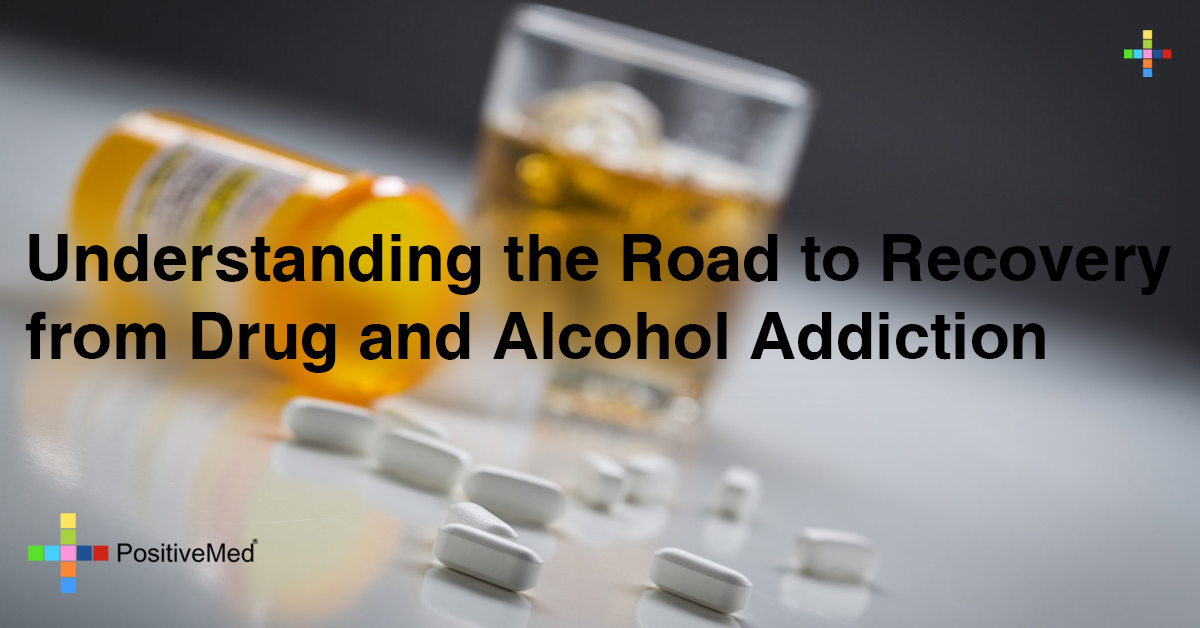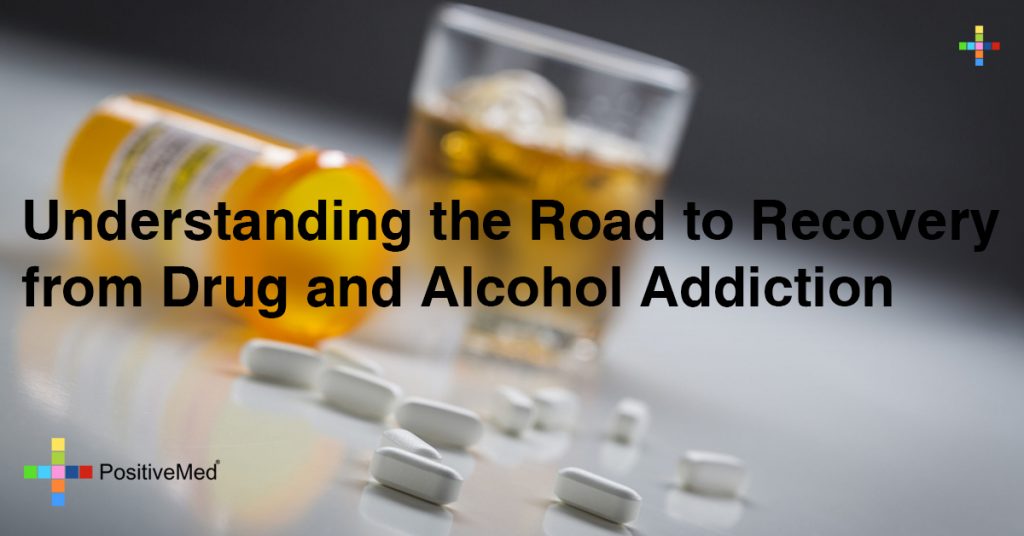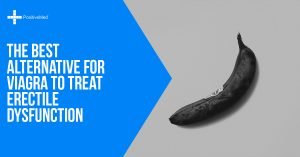When you or someone you love is working to overcome an addiction to drugs or alcohol, educating yourself on the treatment options available can help make the process smoother. Understanding the difference between inpatient and outpatient treatment and knowing what to expect during the recovery process can help you experience successful sobriety.

Overcoming an Addiction
The road to recovery may not be an easy one, but there are certain steps you can anticipate as you gain ground in living a healthier life. First, there is the step you’ve likely already taken if you are searching for treatment options–and that is determining if you have an addiction. Discovering that you exhibit any of the common signs and symptoms of addiction to drugs and alcohol is an indicator that something is wrong. Knowing that you need help at the beginning of the recovery process.
CHOOSING TREATMENT: Next, you will want to decide if inpatient or outpatient treatment is going to work best for your needs. Outpatient options allow you to receive the necessary care, counsel, and doctor supervision while living in the community rather than in a facility. Inpatient treatment provides all of the necessities of addiction therapy as well as daily living requirements all in one. If you choose an inpatient recovery center (like Beachside Rehab in Florida), you can expect to find counseling, therapy, doctor supervision, a variety of programs, and accommodations. You should look for a setting that has a vision for you as a person on a long-term scale, with a treatment plan that includes everything from detox to aftercare.
DETOX:
After choosing the best form of treatment to match your need, your road to sobriety begins. Many people with an addiction experience a time of detoxification (or detox), when the toxins that have built up in the body are flushed out and they experience a variety of physical and psychological symptoms. Some of these can include fever, shaking, nausea and vomiting, insomnia, paranoia, hallucinations, and more. Having proper care during this phase can be critical to assuring long-term success as you overcome an addiction.
ACTIVE TREATMENT:
During the next treatment phase, you will be busy as you actively work toward restoring the life you deserve. Your body will be healing physically, preferably under a doctor’s supervision and close care. Recovery is a delicate process that requires support from every angle–including having a medical team that understands addictions and is trained in the best ways to treat your specific needs. In the phase of active treatment, you will also begin to learn foundational psychological tools for success. Through counseling and therapy, you will gain a deeper understanding of how to overcome the addiction that has previously kept you restricted.
What Comes After the Treatment
The reality of overcoming an addiction is that it is a lifelong process. Even after you have received initial treatment, have undergone counseling, and have received medical care there is still work to be done.
Living a life of sobriety requires you to make daily (sometimes hourly) choices to not use the alcohol or drug that your body is craving. Being sober is accomplished by using the tools you learned during active treatment and applying them to the life you are living. Surrounding yourself with a strong support system and staying focused on goals to help you grow are other ways you can encourage your own road to continued recovery.









